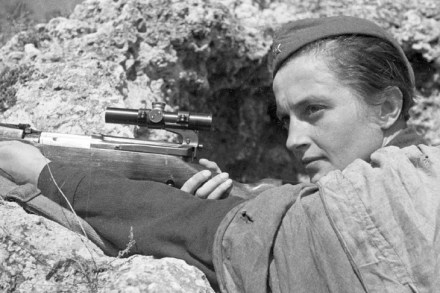The search for meaning
He’s not what you’d call prolific, Bernard MacLaverty. Midwinter Break is his fifth novel in 40 years, and his first in 16. And, in that time, it could be argued that Irish writers have moved away from his bare and declarative style into the wildness of, say, a Barry or a Barrett or a Baume;





















